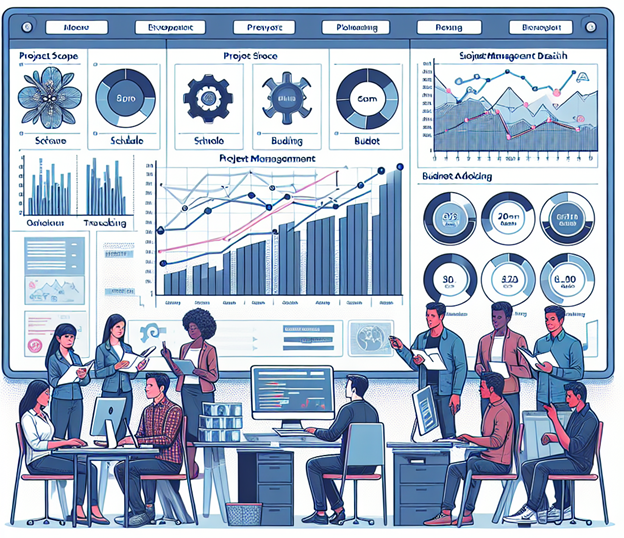Set the Stage
No matter what stage of your career or size of business you are working with – and especially if you have aspirations of starting your own business or being partner in a startup, metrics are your key to success. Let me explain why.
When I first began software engineering, as a hobbyist – it was always about performance – how fast could what I built process the input and provide accurate output. I would change the code, look for ways to optimize, and try again. How could I tell I was moving in the right direction? You guessed it – metrics. It became a challenge of its own, to best my previous notions on good and fast logic – and how to use the latest capabilities of the language I was using (at the time, Rocky Mountain Basic – circa 1977).
At that early stage, I knew that I had to track my code – in terms of performance, size, and complexity. As my career grew, I began to see the picture and importance broaden. As I transitioned through different roles and sizes of engagements, projects and onto products – metrics became how measured our success at each and every phase of development. It sets your team apart; it demonstrates your attention to detail and focus (and help to clarify what is important). At WorkSafe BC, I am thrilled to see Metrics as a key factor in everything, every initiative and at every level within our Enterprise DevOps division. As practitioner of SAFe (Scalable Agile Framework for the Enterprise), we have many teams working across various initiatives serving all aspects of the business and we use metrics to frame business benefit and track realization.
Metrics are the Key to Success
Let me list the Metrics I see in play, and why they are crucial to our collective success.
-
Performance Evaluation: Metrics provide quantitative measures to evaluate the performance of software development processes, teams, and individual developers. They help identify areas of improvement and track progress over time.
-
Quality Assurance: Metrics help assess the quality of software products by measuring factors such as code complexity, code coverage, defect density, and adherence to coding standards. This information enables teams to identify and address quality issues early in the development lifecycle.
-
Resource Management: Metrics help in resource allocation by providing insights into project timelines, resource utilization, and budget management. They assist in identifying bottlenecks, optimizing workflows, and making informed decisions about resource allocation.
-
Risk Management: Metrics help identify and mitigate risks associated with software development projects. By tracking metrics related to project scope, schedule adherence, and budget, teams can proactively manage risks and avoid potential project failures.
-
Process Improvement: Metrics facilitate continuous process improvement by providing objective data to identify inefficiencies, optimize workflows, and implement best practices. They enable teams to measure the impact of process changes and make data-driven decisions to improve overall productivity and quality.
-
Communication and Transparency: Metrics provide a common language for communication and collaboration among stakeholders, including developers, managers, customers, and other project stakeholders. They help foster transparency by providing visibility into project progress, performance, and quality.
Conclusion
Overall, metrics play a vital role in software engineering by providing objective data to evaluate performance, ensure quality, optimize resources, manage risks, drive process improvement, and facilitate communication and transparency among project stakeholders.
I hope you embrace and share the value of metrics, use them to demonstrate your ability to execute on all levels of delivery - collaborating and working to improve them with each team member and group you work with. Rember to track the value returned on your metrics too; all metrics are not created or perform equally.



